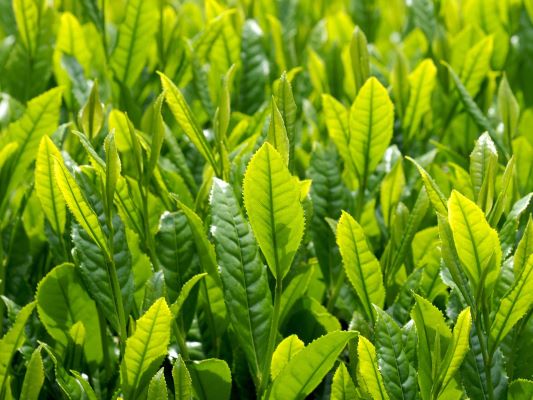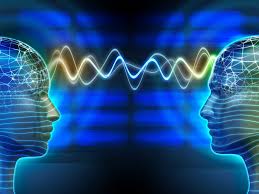
Green Tea L-Theanine EX™ is Botaniex’s proprietary preparation of L-Theanine extracted from tea leaves native to China. By using a patent pending extraction method, Botaniex is able to guarantee a natural purity and high yield of this amino-acid, which is not only good for dietary supplements and food additives, but especially for functional beverages. Botaniex offers this extract to the following specifications:
Product Name/Code | Brand Name/ Code | Specifications |
Green Tea L-Theanine | GTLT 20 | L-Theanine 20% |
Green Tea L-Theanine | GTLT40 | L-Theanine 40% |
Green Tea L-Theanine | GTLT 60 | L-Theanine 60% |
L-Theanine
Camellia sinensis is a flowering plant whose leaves are most commonly used for the preparation of green tea, but can be fermented and oxidized to produce a variety of dark and white tea leaves. Theanine was first found to be a major constituent of fresh brewed tea in 1949, and since then its pharmacological effects have been researched extensively. However, only extraction from natural sources will produce L-Theanine, the left handed enantiomer which is bioactive. The right handed enantiomer which is often found in competitor products which are chemically synthesized and do not exhibit the full potency of L-Theanine’s collection of benefits even if they are technically pure.
| Botanical Name | Camellia sinensis |  |
| Plant Family | Theaceae | |
| Part of Plant Used | Leaves | |
Benefits
Stabilizes mood
Reduces chronic stress responses (both mental and physical)
Reduces anxiety levels
Improves cognitive function (memory, reaction time, and learning)
Promotes alpha brain wave production (present during relaxed and calm mental states)
Can naturally regulate blood pressure
Alleviates some symptoms of schizophrenia
Mechanisms
 L-Theanine is an analogue amino acid to the proteinogenic L-glutamate and L-glutamine, two of the twenty essential amino acids the body uses are precursors to protein synthesis. Once L-Theanine is ingested, it is absorbed into the bloodstream through the small intestines and is able to cross the blood-brain barrier intact, where it mediates an increase in levels of multiple neurotransmitters. Serotonin, dopamine, glycine, and gamma-aminobutyric acid (GABA) levels are all increased. Serotonin is central to regulation of mood, sleep, and learning. Dopamine is utilized extensively in the central nervous system and is implicated the the regulation of motivation, mood, and stabilization of muscle movements. Increased levels of glycine have been shown to improve sleep quality in humans, and has been used as an effective add-on treatment for schizophrenia. GABA is an inhibitory neurotransmitter that is shown to have a calming effect on mood when present in the brain and is also directly responsible for muscle tone.
L-Theanine is an analogue amino acid to the proteinogenic L-glutamate and L-glutamine, two of the twenty essential amino acids the body uses are precursors to protein synthesis. Once L-Theanine is ingested, it is absorbed into the bloodstream through the small intestines and is able to cross the blood-brain barrier intact, where it mediates an increase in levels of multiple neurotransmitters. Serotonin, dopamine, glycine, and gamma-aminobutyric acid (GABA) levels are all increased. Serotonin is central to regulation of mood, sleep, and learning. Dopamine is utilized extensively in the central nervous system and is implicated the the regulation of motivation, mood, and stabilization of muscle movements. Increased levels of glycine have been shown to improve sleep quality in humans, and has been used as an effective add-on treatment for schizophrenia. GABA is an inhibitory neurotransmitter that is shown to have a calming effect on mood when present in the brain and is also directly responsible for muscle tone.
Safety
Theanine has been approved for use in all foods in Japan, and is considered Generally Regarded as Safe (GRAS) by the FDA. Independent studies on mammals such as rats have also found that even extremely high doses of L-Theanine do not produce any negative physiological and psychological effects.
Dosage
Typical dietary doses of L-Theanine range from 200-250mg/day, however doses as high as 1200mg/day can be used.
